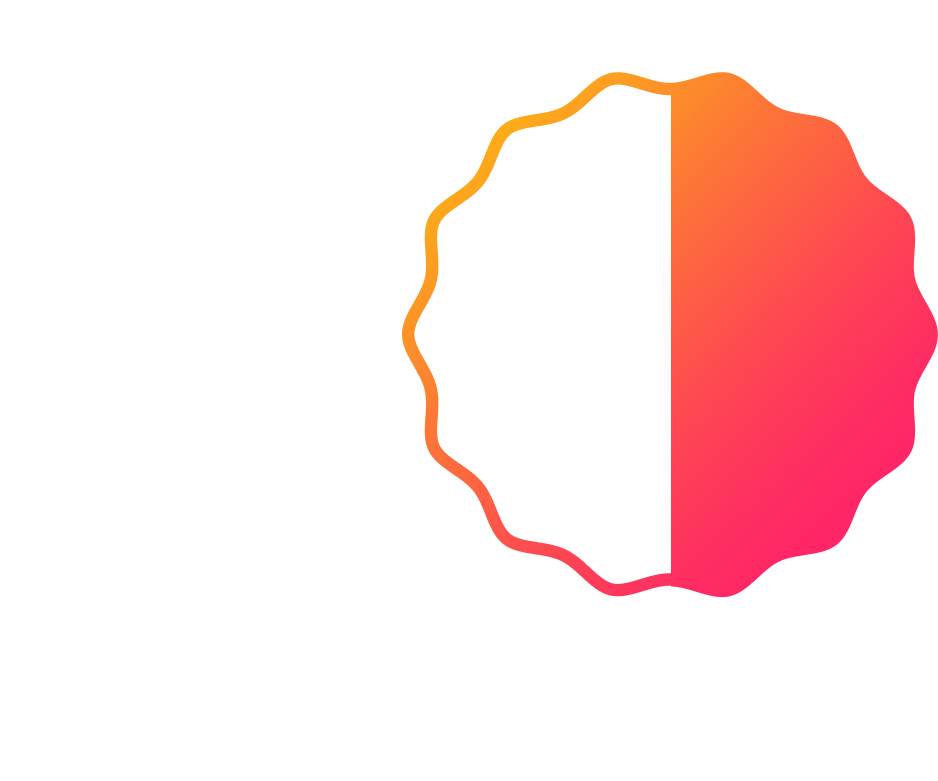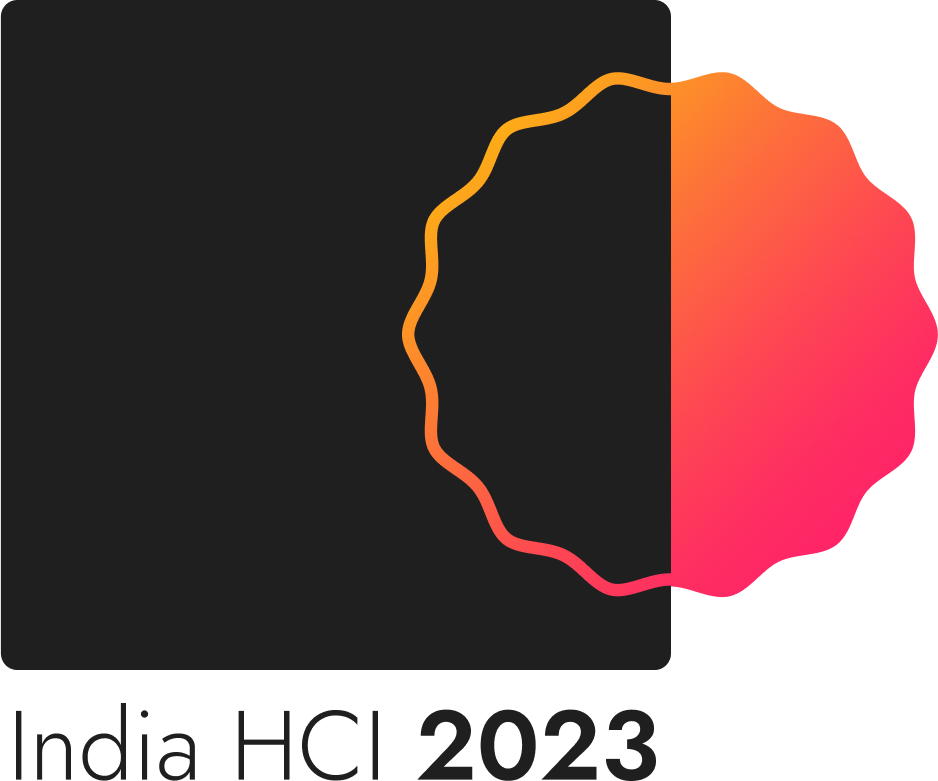Registration Deadline: 23rd Nov
Please Note: All participants in the “workshop & courses track” are required to bring laptops/tablets and sketchpads (digital/physical)/notebooks.
Workshop 1: UX Research for AI Based Solutions
Instructors: Nikhil Welankar and Ashish Ganu
The world has seen an explosion of a general-purpose AI with a conversational UI that enables non-technical users to harness the power of AI in myriad ways. There are intelligent tools available to experiment with power having a lot of possibilities. This advanced technology of artificial intelligence can be leveraged to tackle some of the most critical challenges humanity is currently facing with the help of User Centered Design. UX research plays a key role in the success of User-Centered Design.
The objective of this workshop is to understand the user’s needs and pain points in the context of the challenge, understand the dynamic capabilities of AI based tools, and explore user friendly solutions for the selected challenge. In this workshop, we will be briefing the participants on various UX research methods which they will get an opportunity to apply to understand users. They will also get an opportunity to explore some of the latest AI based tools in order to resolve the challenge.
This workshop will enable participants to practice UX research methods, explore the dynamic capabilities of AI and solve some of the pressing challenges the world is facing today.
Workshop 2: Researchers’ toolbox: Designing Ethical, Accessible, and Inclusive Artificial Intelligence for All (AIAI)
Instructors: Sumita Sharma, Marianne Kinnula, Sama Rahman, Priyanka Sebastian, and Prof Markku Turunen
As Artificial Intelligence (AI) permeates our everyday lives, there are concerns regarding its potential for discrimination, bias, and harm and its lack of diversity, inclusiveness, and accessibility to mitigate such harms. As a part of our research, we have been conducting workshops on the topics of designing ethical, accessible, and inclusive AI applications for all. To continue our work, we will conduct a workshop at IndiaHCI 2023. In this workshop, we will specifically focus on the various methods and tools that we have employed (or plan to employ) in our fieldwork on designing ethical AI with several marginalized or under-represented communities such as children, and neurodiverse people.
Workshop 3: Exploring Design Fiction Through Virtual Reality (VR)
Instructors: Charu Monga, Deepanshu Verma, Meenakshi M and Tanisha Kumar
Design Fiction through Virtual Reality is a half-day duration interactive event designed for researchers, teachers, professionals, students, creative thinkers, industry experts, etc. The workshop will delve into the intersection of design fiction, storytelling, and VR, offering participants a hands-on experience in creating and experiencing speculative narratives in virtual environments. We are conducting these workshops with stakeholders like teachers, children, healthcare workers, designers etc. to bring interactive storytelling as a tool. This hands-on workshop will be conducted at IndiaHCI 2023 by using various methods which we have developed over the period.
Workshop 4: Reimagining Electric Bus Instrument Clusters for Enhanced User Experience: A Collaborative Workshop
Instructors: Lipsa Routray, Abhishek Shrivastava and Priyankoo Sarmah
What would the instrument cluster in electric vehicle buses (EV buses) look like? After the EV buses launched in the automotive industry, there has been relatively limited evolution in the design of their instrument clusters. The information in the instrument cluster of EV buses needs to incorporate the new features of EV bus components to help the driver adopt the new driving pattern. We address the challenge of reimagining interface design within buses, focusing on both in-bus interfaces and Electric Vehicle Information Systems (EVIS) design. Our aim is to break away from conventional implementation practices and delve into the distinctive aspects of EVs compared to contemporary buses. We aim to provide a framework for redesigning an existing EV bus instrument cluster and make it easier to identify data that is important to inexperienced EV bus drivers. Through collaborative discussions and innovative brainstorming, we aim to steer the evolution of EV bus instrument clusters. Our goal is to achieve a design that seamlessly integrates vital information, ensuring optimal performance while maintaining driver efficiency and confidence.
Workshop 5: Unlocking UNLOCKING Value VALUE Proposition PROPOSITION Design DESIGN (VPD) for CX
Instructor: Sukanto Roy
Value Proposition design dives into the value creating areas of the business model canvas and provides many exercises and schematics to help lead a group, team or individual through the process of discovering what customers need, what pains they have and what gains they hope to achieve that your value proposition can … It simplifies the intricate concept of value proposition into three digestible parts – valuable, differentiated, and substantiated. Each component is dissected, helping the audience/user/customer/stakeholders to understand how to make a product or service not only meet end user needs but also enhance the perceived value. The key elements of a value proposition are relevancy, benefit, energy, and risk. Relevancy is how well the value proposition aligns with the needs of the customer.



